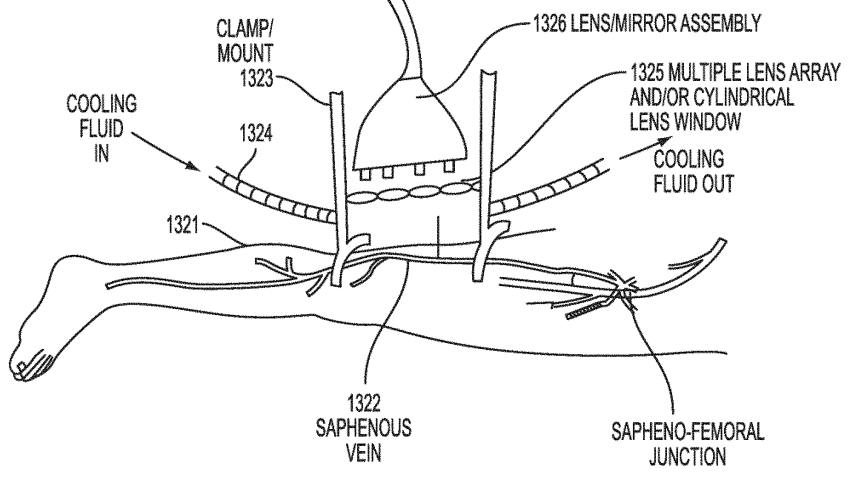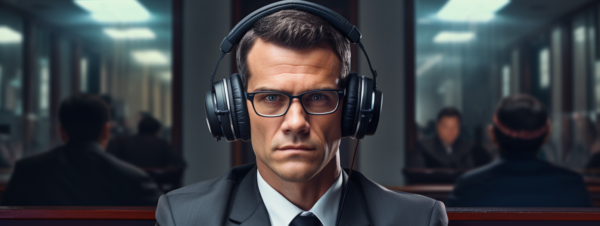by Dennis Crouch
In Neonode Smartphone LLC v. Samsung Electronics Co., Ltd., the Federal Circuit has reversed Judge Albright's holding that claims of Neonode's US8095879 are invalid as indefinite. No. 2023-2304 (Fed. Cir. Aug. 20, 2024) (non-precedential). The appellate panel concluded that Albright failed to properly consider the full context of the intrinsic record, particularly the prosecution history.
To continue reading, become a Patently-O member. Already a member? Simply log in to access the full post.

